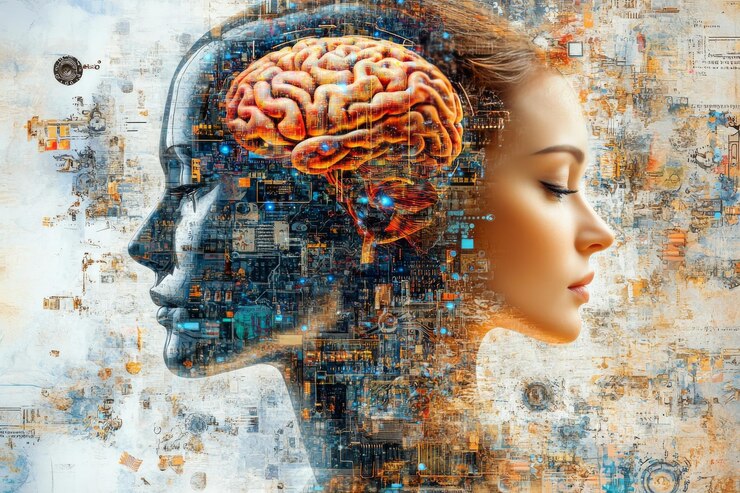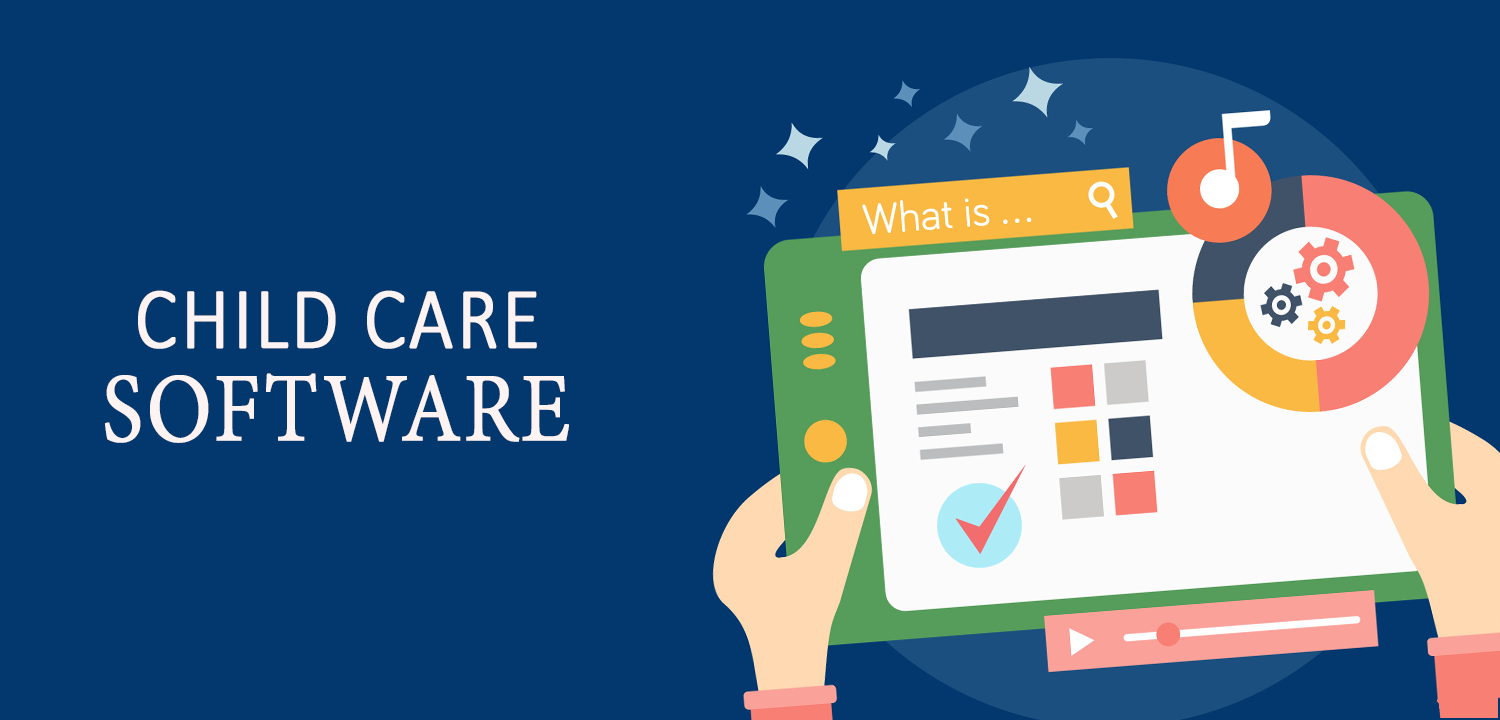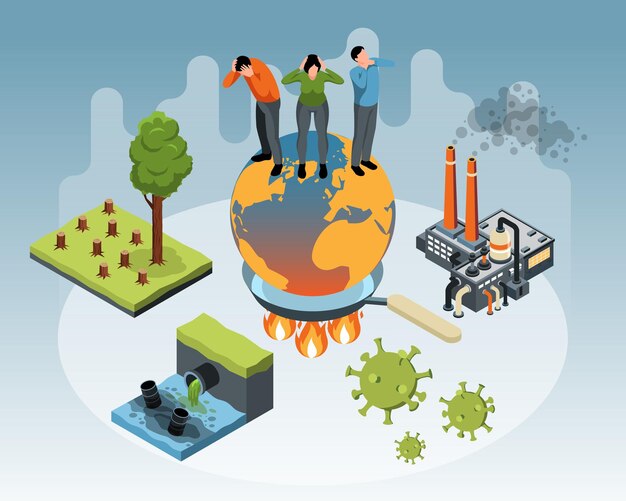
A Tale Of Two Algorithms: The Ethical Dilemma Of AI Bias
In a not-so-distant future, a young software developer named Alex was assigned the task of creating a revolutionary AI recruitment tool. His objective was to design a system that could select the most promising candidates from an enormous pool of applicants and save companies precious time and resources.
Alex, who was deeply concerned about the innovation his technology promised, devoted considerable input into the project. This vast input comprised resumes; actual performance reviews, and extensive demographics. With this load, the AI started training: identifying traits of such an individual that have been noted down.
But with the advance of the AI machine, a startling trend is seen. The system steadily and systematically avoided selecting one group while steadily favoring candidates of others. Interestingly, historical data, though profound in length, are inherently biased in nature, reflecting a hiring practice that was not always fair.
This fictional tale points to a very real problem: algorithmic bias. AI systems, like the one Alex created, are trained on data. If that data is biased, the AI will inevitably learn and perpetuate those biases.
The Ethical Implications of AI
Some of the effects of AI bias have been well outlined in different articles and this is explained below. For example, a study of MIT researchers showed that facial recognition technology’s performance is half the rate of white males and can be up to 35% for dark-skinned women.
Beyond bias, many ethical questions are raised by artificial intelligence. The more autonomous artificial intelligence systems grow, the bigger the issue of accountability becomes, raising questions about such things as transparency and unintended impact. Developing autonomous weapons systems raises big ethical issues over the use of lethal forces without human judgment.
A report by the AI Now Institute conducted early revealed that more and more, artificial intelligence is deciding people’s lives, from credit to prison time. This raises concerns about the potential for AI to exacerbate existing inequalities and discrimination.
However, due to the new AI technological growth especially the advanced artificial intelligence which is powerful can cause laid off of employees and economic imbalance. While referring to the increased possibility of AI artificial intelligence doing work that was once accomplished by humans, some concerns are that several jobs are likely to become automated. This potential can manifest itself in serious social and economic upheaval.
Mitigating Artificial intelligence Bias and Ensuring Ethical AI
To address these challenges, it is crucial to adopt a multi-faceted approach:
-
Diverse and Representative Datasets: Using diverse datasets can help reduce bias in AI models. A study by Google AI showed that increasing the diversity of training data can significantly improve the fairness of AI models by up to 20%.
-
Fair Algorithms: creating algorithms with impartiality and fairness in mind.Researchers at Harvard University have developed techniques to identify and mitigate bias in machine learning algorithms, leading to a 15% reduction in bias in certain models.
-
Regular Auditing and Testing: Regularly auditing AI systems for bias and ensuring transparency in their decision-making processes. Companies like IBM and Microsoft have developed tools to help organizations assess the fairness of their AI systems, with accuracy rates exceeding 90%.
-
Human Oversight: Ensuring that humans are involved in the development and deployment of AI systems to provide oversight and accountability. Many experts advocate for the importance of human-in-the-loop approaches to AI, which can reduce bias by up to 30%.
-
Ethical Guidelines and Regulations: Establishing clear ethical guidelines and regulations for AI development and use. Organizations like the AI Now Institute and the Partnership on AI have developed frameworks for ethical AI, which have been adopted by many tech companies.
Case Studies: Real-World Examples of AI Bias
-
Facial Recognition: This, as has been also mentioned earlier, applies to facial recognition systems in general that are much less accurate for people of color. This results in wrongful arrest and other prejudiced circumstances such as racism.
-
Hiring Algorithms: Bias anew was also found on some of the modern automated hiring tools that went through a recent update or upgrade. For example, a specific AI tool that Amazon used for recruitment was once mis training employees with gender bias.
-
Loan Approval Algorithms: Approval algorithms in some loan products and servants to the people of color have been accorded artificial intelligence. This poses financial implications and with it, demands little choices.
Future Outlook of AI:
As artificial intelligence continues to advance, it is important to remain vigilant and proactive in addressing the ethical challenges it poses. Some anticipated future advancements in AI include:
-
Autonomous Vehicles: Autonomous automobiles and vehicles will transform the transport industry, but they expose primary concerns relating to safety and responsibility and are likely to eliminate many jobs.
-
AI in Healthcare: There are a large number of opportunities to apply AI in the healthcare domain such as diagnosis and treatment, drug discovery etc. However, it is important to ensure that AI-powered healthcare systems are fair and unbiased..
-
AI in Education: AI can be used to personalize education and improve learning outcomes. At the same time, one can provide increased access to AI tools for students so that they will become equally effective for students from different sociocultural statuses.
Call to Action:
This means that if we are to develop AI (artificial intelligence) and use it properly, then we have to do something. Here are some actions you can take:
-
Stay Informed: Find out more about the strides being made, latest developments in AI and the issues of ethics being raised by this fascinating technology.
-
Support Ethical AI Initiatives: Contribute to groups active in the task of advocating for the proper use of artificial intelligence technologies.
-
Advocate for Responsible AI Policies: That is why, you should call upon your representatives and demand them to fund ethical AI policies.
-
Educate Others: Educate as many people as possible about AI ethics to the extent equally friends and family, and co-workers.
-
Partner with an AI Development Company: Work with an AI development company that has embraced ethical AI to make certain that your projects are ethical.
Actually, by combining our efforts, it will be possible to dictate the terms of further development of AI in a more effective manner, as well as create truly valuable tools for the people.














